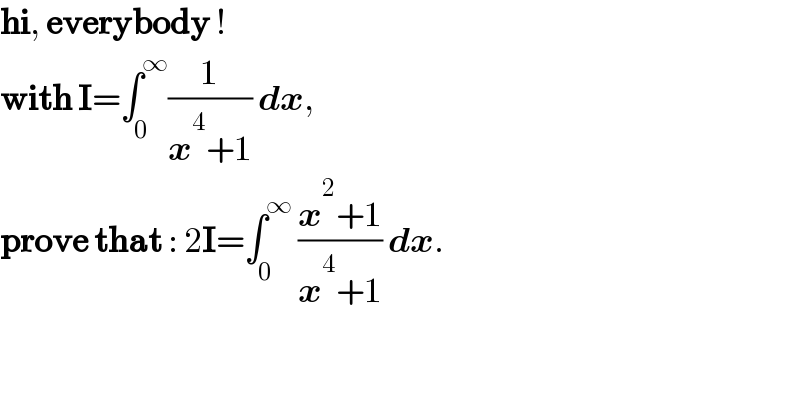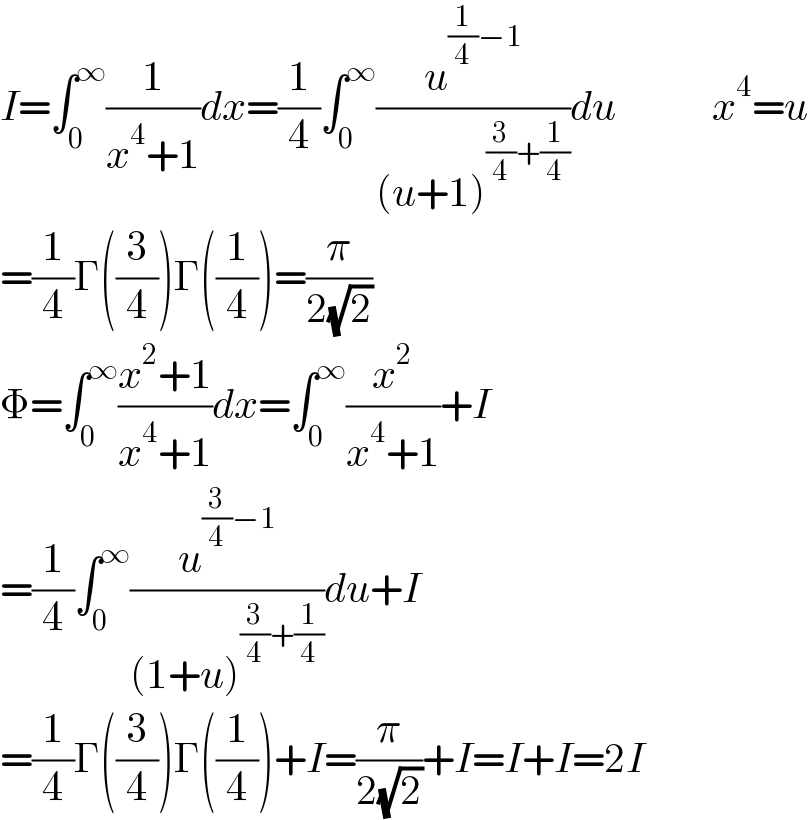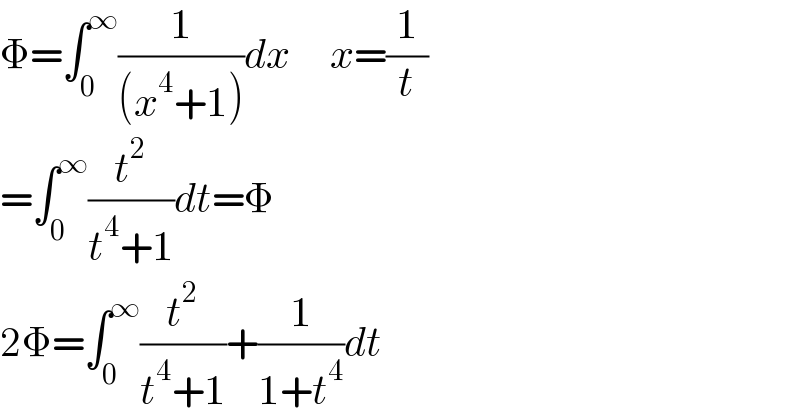
Question and Answers Forum
Question Number 133433 by greg_ed last updated on 22/Feb/21

Answered by Dwaipayan Shikari last updated on 22/Feb/21

Answered by Dwaipayan Shikari last updated on 22/Feb/21

| ||
Question and Answers Forum | ||
Question Number 133433 by greg_ed last updated on 22/Feb/21 | ||
 | ||
Answered by Dwaipayan Shikari last updated on 22/Feb/21 | ||
 | ||
| ||
Answered by Dwaipayan Shikari last updated on 22/Feb/21 | ||
 | ||
| ||